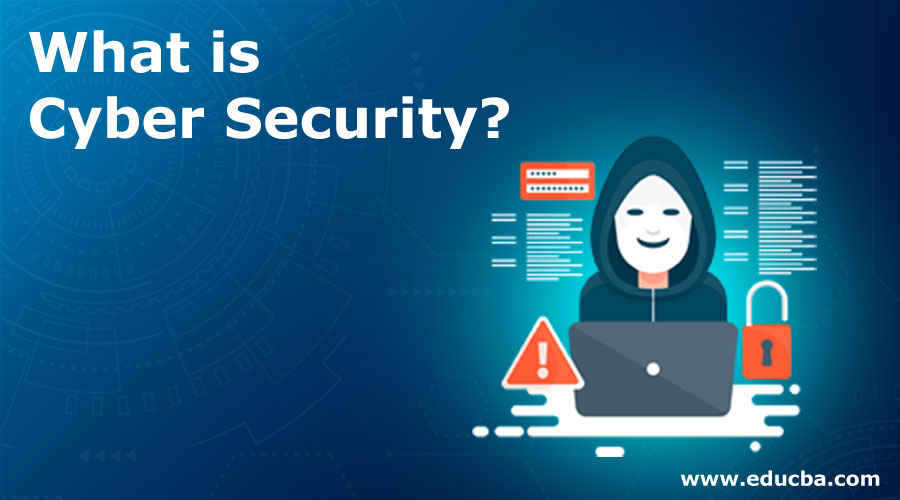Reducing Digital Threats with Robust IT Managed IT Solutions.

Within today's digital landscape, cybersecurity has arisen as a key concern for companies of all sizes. With cyber threats growing more sophisticated and pervasive, ensuring the safety of confidential data and upholding business continuity has never been more essential. Companies must focus on cybersecurity not just as a protective measure but as a core aspect of their business strategy. As a consequence, effective IT managed services have become an essential resource, providing the necessary expertise and tools to mitigate these risks and enhance overall security posture.
IT managed services provide a comprehensive approach to managing and protecting IT infrastructure, allowing businesses to focus on their core objectives while specialists handle the complexities of cybersecurity. From protecting against ransomware attacks to implementing multi-factor authentication, managed services providers supply businesses with strategies and technologies aimed at guarding against the most prevalent threats. As we explore the different facets of cybersecurity and the pivotal role of IT managed services, it is clear that implementing these services is not merely a short-term choice but a strategic necessity in the current risk-filled environment.
Understanding Cyber security Risks

In the modern digital environment, understanding cyber security threats has become vital for any business. With the rapid advancement of technology, cyber attacks are increasingly advanced and ubiquitous, making it crucial for businesses to focus on their cybersecurity protocols. Not only can a cyber attack disrupt business operations, but it can also result in substantial financial losses, loss of reputation, and lawsuits. Therefore, recognizing these threats is the primary step toward implementing efficient countermeasures.
The most typical information security threats that organizations face are malware, data hostage software, deceptive emails, and insider threats. Malicious software can corrupt computers and steal protected data, while ransom software restricts companies out of their information until a ransom is settled. Phishing often trick employees into revealing private data, and internal threats can arise from staff inadvertently or deliberately jeopardizing security. Grasping these dangers enables businesses to create effective preventive measures and ensure they are not caught off-guard.
Moreover, the value of multi-factor authentication and various security measures cannot be overstated. By safeguarding access to private data, companies can effectively minimize the threat of unauthorized access. Additionally, compliance with cyber security regulations, such as the Health Insurance Portability and Accountability Act and the General Data Protection Regulation, is critical in safeguarding both the company and its customers. Regular cybersecurity evaluations will also help businesses detect weaknesses and create a detailed protection strategy customized to their specific demands.
The Role of IT Managed Services
Information Technology managed services play a crucial role in improving a business's cybersecurity posture. By taking advantage of specialized knowledge and advanced technologies, MSPs can offer personalized solutions that meet specific security needs. This forward-thinking approach includes ongoing monitoring of systems, regular security assessments, and updates to applications and hardware, all designed to identify vulnerabilities before they can be taken advantage of by malicious actors. In an era where threats are constantly evolving, having a specialized team focused on cybersecurity can make a notable difference.
One of the key advantages of IT managed services is their ability to optimize IT operations. By contracting IT management, businesses can prioritize on their core functions while ensuring that their cybersecurity measures are in professional hands. MSPs provide 24/7 support to quickly respond to incidents and minimize potential damage from breaches. This not only improves security but also allows organizations to distribute resources more strategically, leading to increased operational efficiency.
Moreover, IT managed services can help businesses stay compliant with various regulations related to cybersecurity. Navigating and maintaining compliance with standards such as HIPAA or GDPR can be daunting for many organizations. MSPs are experienced in these regulations and can implement necessary controls to ensure compliance, lowering the risk of fines. https://sidechainsecurity.com/ protects data but also builds trust with customers and partners, strengthening the image of the business in a rivalrous market.
Leading Strategies for Business Security
Developing a comprehensive security system is essential for all organization looking to safeguard its resources and information. One of the core practices is implementing strict password guidelines combined with additional authentication. Encouraging employees to use difficult passwords and update them periodically can greatly minimize the chances of illicit access. Additionally, multi-factor verification adds an extra layer of protection by demanding users to confirm their credentials through multiple means, such as a text message or authentication app, making it significantly harder for attackers to gain entry.
Regular employee training on online security awareness is another critical practice. Employees are frequently the first line of defense against cyber threats like scamming attacks. Providing them with the tools to recognize dubious emails, links, and attachments can drastically decrease the likelihood of being targeted to these tactics. Regular training on the latest threats and safe workplace procedures keeps security at the forefront of employees’ consciousness, helping to a more aware workplace culture around online safety.
Finally, creating backups of data and developing a disaster recovery strategy can be a critical measure in the event of a cyber incident. Frequent backups ensure that critical business data is protected against data loss due to ransomware attacks or technical failures. Coupled with a clearly outlined incident response plan, this practice allows businesses to react quickly and efficiently to any attack, reducing disruption and monetary loss. By prioritizing these best practices, businesses can greatly improve their overall security standing and strength against online threats.
